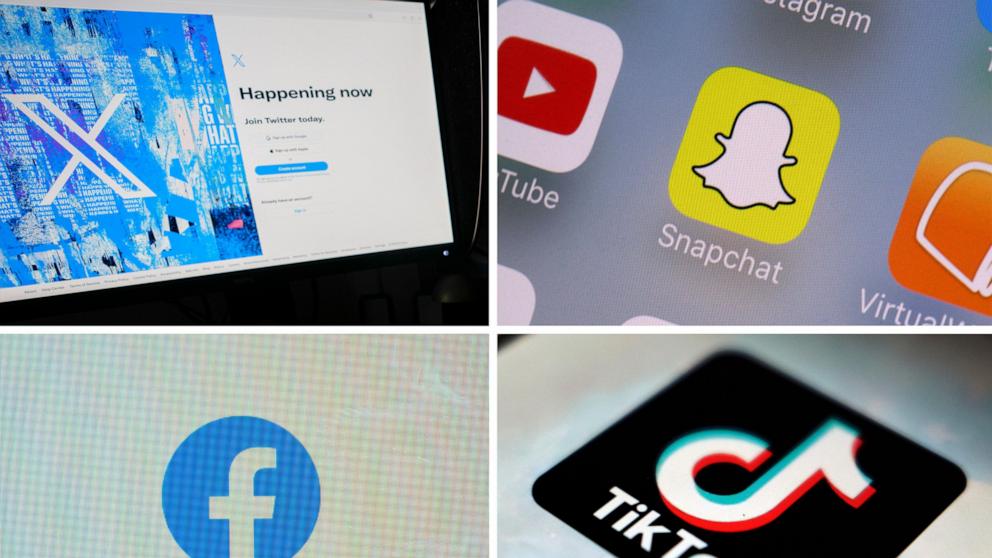The Spanish government has proposed legislation to protect children from online threats, including virtual restraining orders for felons and raising the age for opening social media accounts.
BARCELONA, Spain — The Spanish government has proposed legislation to protect children from online threats, including de facto restraining orders for felons, raising the age for opening social media accounts and medical tests for teenagers to detect any related emotional disorders.
“The health, well-being and safety of children and the tranquility of families are at stake,” Justice Minister Felix Bolaños said Tuesday as he announced the proposal at a news conference after a cabinet meeting. Spain's left-wing minority government will need the support of other parties to pass the bill.
Public concern has been heightened following a series of cases of sexual violence and abuse linked to the internet. Prime Minister Pedro Sánchez said Spain was facing a “real pandemic” of pornography targeted at minors. Around 25% of children under the age of 12 and 50% of those under 15 are exposed to online pornography.
The Spanish government has banned mobile phones in primary schools and required high schools to justify their use for educational purposes, and says the average age at which a child receives their first mobile phone is 11.
The bill amends the Criminal Code to include specific provisions that criminalize the sharing of pornographic material with minors, the use of artificial intelligence to create “deepfake” images, and the targeting of victims with sexual abuse material, among other things. It also covers so-called “grooming” by sex offenders who seek to gain the trust of minors.
Convicted offenders who use the internet to commit felonies will be subject to de facto restraining orders that prohibit them from contacting their victims online and prohibit certain online activities.
In Spain, the minimum age for opening a social media account will rise from 14 to 16. Technology companies will be required to implement age verification and parental controls on social media and video-sharing applications.
Teachers will be trained on how to instruct students on internet safety and launch awareness campaigns on the dangers of digital addiction, abuse and privacy concerns.


